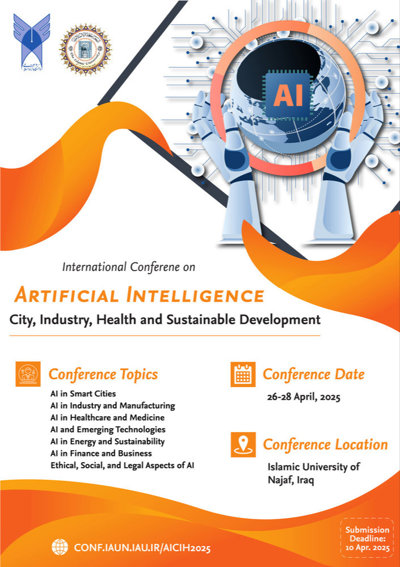0% Complete

نویسندگان :
کلمات کلیدی :
چکیده :
لیست مقالات بایگانی شده
Shariat Radfar - Hamidreza Koosha - Ali Gholami - Atefeh Amindoust
S.A. Hassanzadeh_Tabrizi - Mahdie Saheban - Hashim Hamood Jabbar Al-Gburi
Azadeh Barani - Majid Moazzami - Ghazanfar Shahgholian - Fariborz Haghighatdar
Sahar Manavi nia - Fereshte Ahmadi
Hadi Mahmoudi - Masoud Raei Dehqi - Alireza Ansari Mehiyari
احسان قربانی - مهدی آمون
Amirhossein Ghaemipour - Habib Rajabi Mashhadi - Seyed Hossein Mostafavi
Mohammad Hossein Kazemi Darafshani - Mahbobe Hojjati
Fatemeh Alimoradi - Zahra Alimoradi - S. Mohammadali Zanjani - Ghazanfar Shahgholian
Bahar Asgari - Hamid Rastegari - Vahid Nejati


